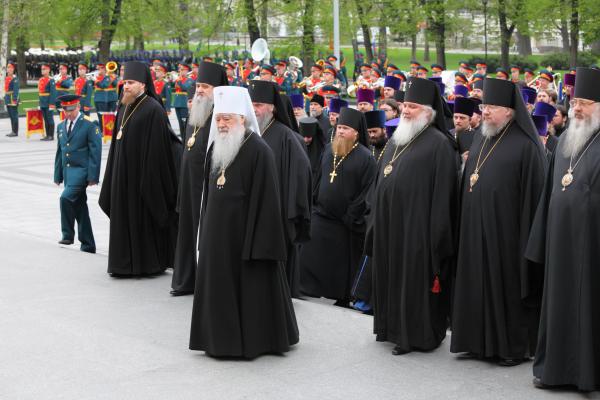EASTERN ORTHODOX churches often pass beneath the media radar, despite their status as truly ancient. The attacks by ISIS on Orthodox communities in Syria, Iraq, and elsewhere have brought into focus dwindling populations of Christians in the Middle East. Russia’s invasion of Crimea and popular uprisings in Kiev raised the alarm on the tenuous position of Ukrainian Orthodox churches.
In February, headlines were made again when Pope Francis and Patriarch Kirill met in Cuba, the first-ever meeting of a pope and a Moscow patriarch. Additionally, a historic meeting will be held in June on the Greek island of Crete, bringing together leaders of all 14 loosely linked Orthodox churches for the first time in 12 centuries.
Both the pope-patriarch encounter and the troubled preparations for the convening of the pan-Orthodox leaders are extremely complex; one might call them Byzantine.
The meeting between the pope and the patriarch of the Russian Orthodox Church was years—and several papacies—in the making. There were always obstacles, not the least of which was the Soviet system and bitter internecine church wars in Ukraine that pitted the Roman Catholic-affiliated Ukrainian Greek Catholic Church against the Russian Orthodox Church. After the end of the Soviet regime, the UGCC entered a renaissance and the Orthodox churches in Ukraine splintered, which Moscow has cited as a reason for refusing any meeting between the Russian Orthodox and Roman Catholic Church.
Read the Full Article

